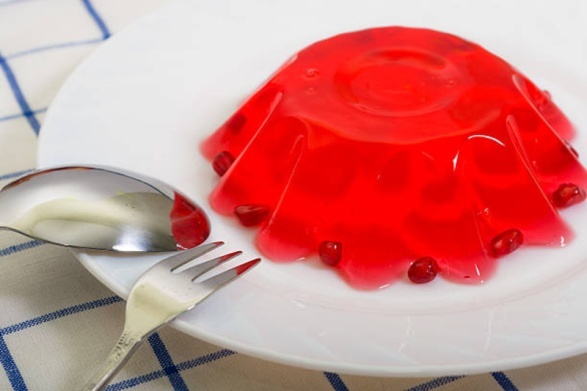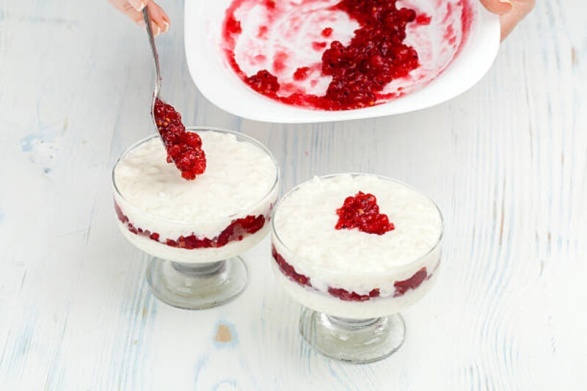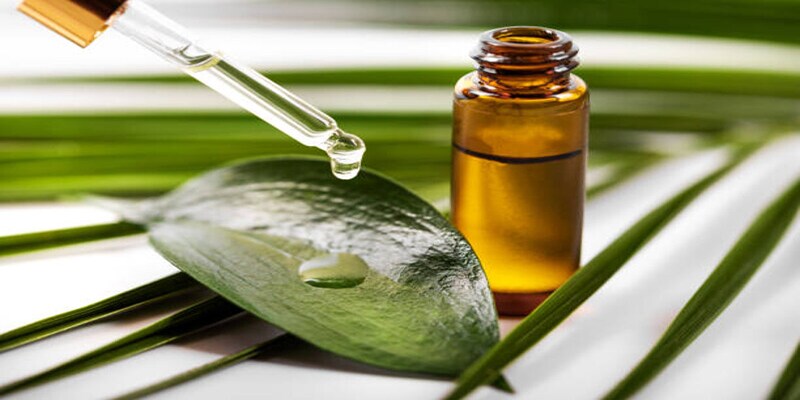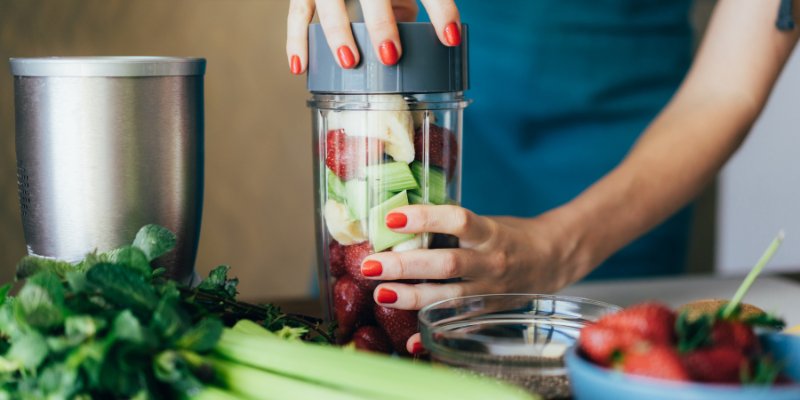Unveiling the Health Wonders of Gelatin: A Comprehensive Guide
Nov 08, 2023 By Nancy Miller
Do you ever feel like something is missing from your health and nutrition plan? What’s the key to unlocking total wellness, so that you can be at peak performance no matter what life throws at you? Look no further – it could be gelatin! Gelatin has been around for centuries but only recently has become a popular supplement to promote better health and well-being. In this comprehensive guide, we'll uncover why incorporating gelatin into your diet is incredibly beneficial. From its natural sources all the way to how much should be taken daily, join us as we unveil the incredible wonders of gelatin and explore how it can revolutionize your nutritional regime.
What is gelatin?

Gelatin is a protein derived from the collagen found in animals such as cows, pigs, and fish. It is commonly used in food and pharmaceutical industries, but has gained attention for its potential health benefits. When gelatin is heated or dissolved in water, it forms a gel-like substance that has been proven to have numerous positive effects on the body.
How is it made?
Gelatin is produced through a process called hydrolysis, where the collagen in animal bones, skin, and connective tissues is broken down into smaller molecules. These molecules are then filtered and purified to create a powder or sheet form of gelatin that can be used in various applications.
Traditionally, gelatin has been made by boiling animal parts for extended periods of time, but modern methods use enzymes to speed up the hydrolysis process and create a more refined product.
Natural sources of gelatin
While gelatin can be produced in a lab, it can also be found in some natural food sources. These include bone broth, which is made by simmering animal bones and connective tissues for an extended period of time. Gelatin can also be found in certain cuts of meat that contain a high amount of connective tissues, such as oxtail and pork hocks.
Some plants, such as seaweed and certain fruits and vegetables, also contain small amounts of gelatin. However, these sources may not provide enough gelatin to have significant health benefits.
Health benefits of gelatin
Gelatin is a rich source of collagen, which is the most abundant protein in the body and plays a vital role in maintaining healthy skin, hair, bones, and joints. Incorporating gelatin into your diet can provide numerous health benefits including:
- Improved joint health: Gelatin has been shown to help reduce inflammation and pain associated with conditions such as osteoarthritis. The amino acids in gelatin also help to strengthen and repair connective tissues, which can improve joint mobility and flexibility.
- Healthy skin, hair, and nails: Collagen is an essential component of these body parts, providing structure and strength. By consuming gelatin, you can promote healthier skin by reducing wrinkles and improving elasticity, stronger hair by increasing thickness and shine, and stronger nails by promoting growth and preventing brittleness.
- Better digestion: Gelatin has been found to help repair the lining of the digestive tract, which can improve gut health and reduce symptoms of conditions such as leaky gut syndrome. It can also help to regulate stomach acid levels and promote healthy bowel movements.
- Improved sleep: The amino acid glycine found in gelatin has been shown to have a calming effect on the body, promoting better sleep and reduced anxiety.
- Weight loss: Gelatin is a low-calorie source of protein that can help you feel fuller for longer. This can aid in weight loss by reducing cravings and preventing overeating.
How much gelatin should you take?
The recommended daily intake of gelatin varies depending on individual needs and health goals. It is generally recommended to start with 1-2 tablespoons per day and gradually increase the amount if desired. However, it is always best to consult with a healthcare professional before making any significant changes to your diet.
It is also important to note that not all gelatin supplements are created equal. Look for high-quality, grass-fed gelatin that is free from additives and preservatives.
Incorporating gelatin into your diet

There are many ways to incorporate gelatin into your diet, including:
- Adding it to hot or cold beverages such as coffee, tea, smoothies or juices.
- Mixing it into soups, stews or sauces for added thickness and nutrition.
- Using it as a natural thickener in homemade jellies, custards, and desserts.
- Sprinkling it over yogurt or oatmeal for added protein.
- Making your own gelatin gummies or fruit snacks.
Healthy and delicious gelatin recipes
- Coconut Water Gelatin Bites: Mix coconut water, gelatin and your choice of fruit juice for a refreshing and nutritious snack.
- Honey Lemon Tea Gummies: Create a soothing treat by combining honey, lemon juice, and gelatin into gummy candies.
- Paleo Pumpkin Custard: A delicious and healthy alternative to traditional pumpkin pie, combining canned pumpkin, coconut milk, gelatin and spices for a seasonal delight.
Precautions and Possible Side Effects of Gelatin
While gelatin is generally safe for consumption, it is important to be aware of potential side effects and precautions. These may include:
- Allergic reactions: Some individuals may have allergies to gelatin or the animal sources from which it is derived.
- Digestive discomfort: Consuming too much gelatin can lead to digestive issues such as gas, bloating, and constipation.
- Risk of contamination: If not sourced carefully, gelatin may contain hormones or antibiotics from the animal source, so it is important to choose high-quality options.
- Interaction with medications: Gelatin can interact with certain medications such as blood thinners, so it is essential to consult with a healthcare professional before adding it to your diet.
Conclusion
Incorporating gelatin into your daily routine can provide numerous benefits for overall health and well-being. With its natural sources, production process, potential health benefits and various ways to consume it, there's no doubt that gelatin is a versatile and valuable addition to any diet. However, it is always best to consult with a healthcare professional before making significant changes to your diet or supplement intake. With proper precautions and moderation, gelatin can be a beneficial and tasty addition to a healthy lifestyle. So go ahead and add some gelatin to your next meal or snack for some extra collagen boost!
-
 Food Nov 08, 2023
Food Nov 08, 2023Versatile Magic: 8 Everyday Uses of Tea Tree Oil You Need to Know
Discover the numerous benefits and everyday uses of Tea Tree Oil. This versatile essential oil can enhance your skincare, cleaning routines, and much more!
-
 Beauty Feb 17, 2024
Beauty Feb 17, 2024How to Get Rid of Eye Bags Naturally
Struggling with dark circles under your eyes? Here's professional and engaging advice for reducing the severity of eye bags. Learn natural methods you can do in the comfort of your home, including lifestyle changes and home remedies
-
 Fitness Nov 21, 2023
Fitness Nov 21, 2023Exploring the Benefits of a Juice Cleanse
Discover the objective and possible advantages of a juice cleanse, a popular health practise that involves drinking fresh juices for a specific time.
-
 Condition Nov 20, 2023
Condition Nov 20, 2023Understanding Sleep Deprivation: Why You Might Be Feeling Drained
Struggling to stay awake? Discover the signs, reasons, and consequences of sleep deprivation and get tips to ensure a restful night. Learn why good sleep matters.
